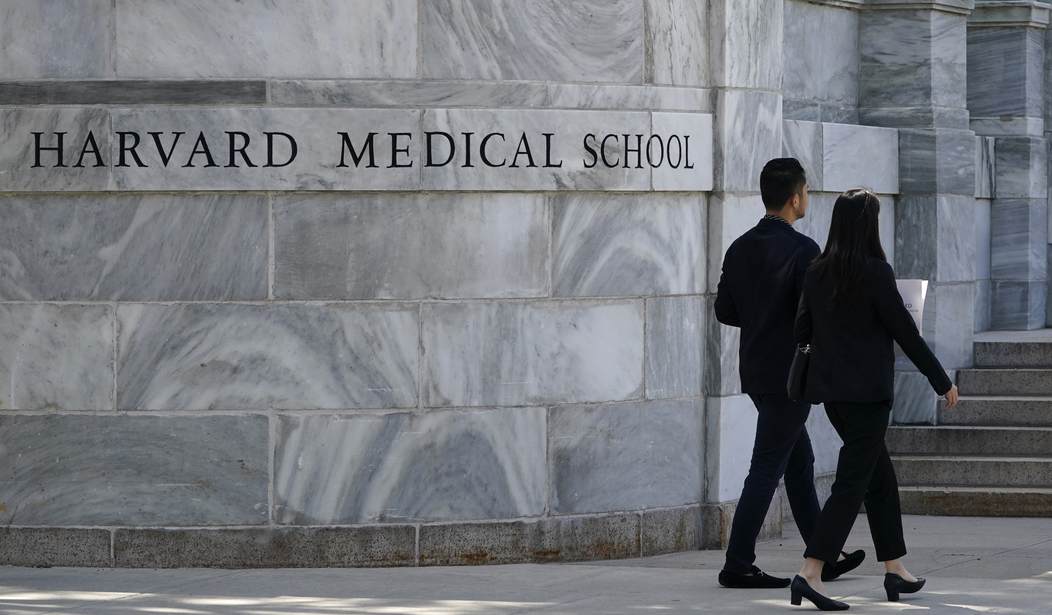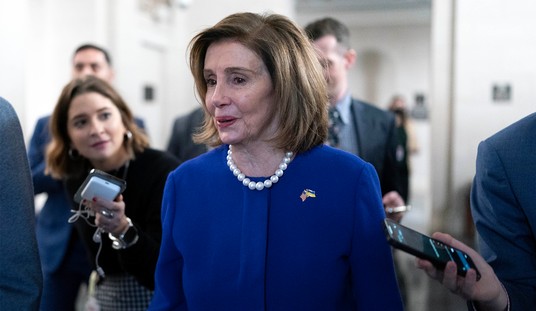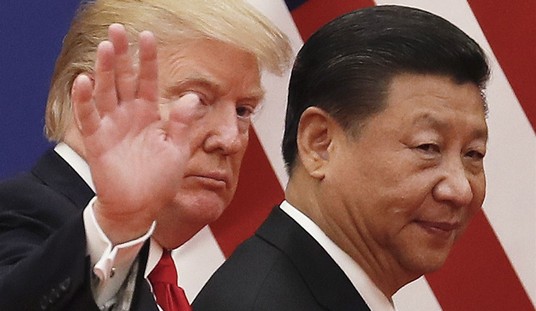“A recent survey found that about 25% of adults over age 50 take a supplement to improve their brain health with the promise of enhanced memory and sharper attention and focus,” Harvard Health Publishing, the PR wing of Harvard Medical School, begins.
Then the punchline: “The problem? There's no solid proof any of them work.”
Related: The Corporate Media's Sick Jihad Against Vitamin D
Predators selling snake oil?
Not on Harvard Medical School’s watch!
(Unless the snake oil is a hot new pharmaceutical product like the COVID-19 “vaccines” — then it’s all in. “Side effects after a COVID shot indicate it's working,” gushed the publication — not in 2021, but in September 2024.)
Via Harvard Health Publishing (emphasis added):
The main issue with all over-the-counter supplements is lack of regulation. The FDA doesn't oversee product testing or ingredient accuracy — they just look out for supplements that make health claims related to the treatment of specific diseases.
In terms of brain health, this means a supplement manufacturer can claim a product helps with mental alertness or memory loss — but not that it protects against or improves dementia or Alzheimer's disease. This way manufacturers don't have to back up any claim that their product is effective.
Could lack of regulation be a problem? Maybe. Then again, the FDA approved the COVID-19 shots, and we’ve all seen the results.
To make its case that supplements are bad and you should never take them, Harvard singles out, oddly, gingko biloba.
Of all the potential supplements to pluck out of the ether to prove the point that they are dangerous wastes of money, Harvard for some reason decided it would target gingko biloba — one of the best-studied ones, as we will see, proven to at least temporarily alleviate some of the neurological symptoms associated with Alzheimer’s disease.
Continuing:
The fan-shaped leaves of the ginkgo tree are used in traditional Chinese medicine to treat all kinds of ailments. In the United States, the extract from the leaves is sold as a supplement commonly called ginkgo biloba. One of its main selling points is as a memory enhancer. However, as with other brain health supplements, the science doesn't support the claims.
One of the largest clinical trials that explored the possible link was the Ginkgo Evaluation of Memory (GEM) study. Researchers recruited more than 3,000 older adults, average age 79, 54% of whom were men, with normal cognitive function or mild cognitive impairment. Everyone was given either 120 milligrams of ginkgo or a placebo twice a day for almost six years. (This amount was chosen based on previous research.) The results found that ginkgo biloba did not lower the overall rate of developing dementia.
Related: Dark Money PAC Rallies 17K Doctors to Denounce RFK Jr. HHS Nomination
So, they cherry-picked one study showing that ginkgo biloba didn’t lower the rate of developing dementia and used that as conclusive evidence that it’s a waste of money and effort.
Let’s have a very truncated look-see at the clinical literature out there regarding ginkgo biloba and dementia specifically.
One meta-analysis of nine clinical trials using ginkgo biloba extract (EGb761) found stabilized/slowed cognitive decline, behavioral changes, and brain changes in human test subjects.
Via Journal of Alzheimer's Disease (emphasis added):
EGb761 at 240 mg/day is able to stabilize or slow decline in cognition, function, behavior, and global change at 22-26 weeks in cognitive impairment and dementia, especially for patients with neuropsychiatric symptoms.
In another experiment, mice were induced to develop Alzheimer’s disease and the effects of gingko biloba extract were then studied. This is what they found.
Via American Journal of Translational Research (emphasis added):
Previous studies have indicated that the generation of newborn hippocampal neurons is impaired in the early phase of Alzheimer’s disease (AD). A potential therapeutic strategy being pursued for the treatment of AD is increasing the number of newborn neurons in the adult hippocampus. Recent studies have demonstrated that ginkgo biloba extract (EGb 761) plays a neuroprotective role by preventing memory loss in many neurodegenerative diseases. However, the extent of EGb 761’s protective role in the AD process is unclear. In this study, different doses of EGb 761 (0, 10, 20, and 30 mg/kg; intraperitoneal injections once every day for four months) were tested on 5×FAD mice. After consecutive 4-month injections, mice were tested in learning memory tasks, Aβ, and neurogenesis in the dentate gyrus (DG) of hippocampus and morphological characteristics of neurons in DG of hippocampus. Results indicated that EGb 761 (20 and 30 mg/kg) ameliorated memory deficits. Further analysis indicated that EGb 761 can reduce the number of Aβ positive signals in 5×FAD mice, increase the number of newborn neurons, and increase dendritic branching and density of dendritic spines in 5×FAD mice compared to nontreated 5×FAD mice. It was concluded that EGb 761 plays a protective role in the memory deficit of 5×FAD mice.
And another, via Archives of Neurology:
Based on a quantitative analysis of the literature there is a small but significant effect of 3- to 6-month treatment with 120 to 240 mg of G. biloba extract on objective measures of cognitive function in AD. The drug has not had significant adverse effects in formal clinical trials but there are 2 case reports of bleeding complications.
Is ginkgo biloba a panacea? Clearly not.
But to glibly dismiss all “brain supplements” with the claim that there’s “no proof any of them work” while picking on one of the best-documented brain supplements out there by citing a single study is, in the most charitable take, grossly misleading.
How interesting to note that, while 99.6% of Alzheimer’s drugs fail, Harvard Medical School is very happy to pimp them without the usual concern-trolling about efficacy.
Color me skeptical, but might Harvard subscribe to the Goldman Sachs philosophy that the medical industry needs a “sustainable business model,” which would obviously preclude natural substances like ginkgo biloba?
Via CNBC (emphasis added):
Goldman Sachs analysts attempted to address a touchy subject for biotech companies, especially those involved in the pioneering “gene therapy” treatment: cures could be bad for business in the long run.
“Is curing patients a sustainable business model?” analysts ask in an April 10 report entitled “The Genome Revolution.”
“The potential to deliver ‘one shot cures’ is one of the most attractive aspects of gene therapy, genetically-engineered cell therapy and gene editing. However, such treatments offer a very different outlook with regard to recurring revenue versus chronic therapies,” analyst Salveen Richter wrote in the note to clients Tuesday. “While this proposition carries tremendous value for patients and society, it could represent a challenge for genome medicine developers looking for sustained cash flow.”










